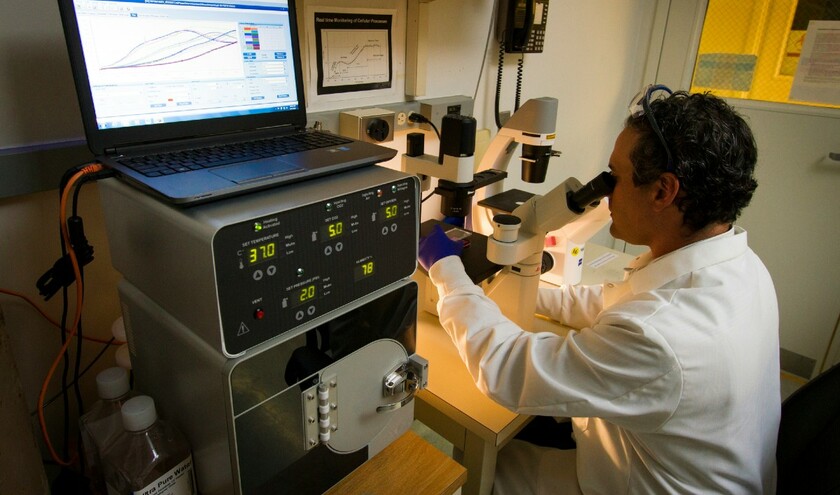Plans have been revealed for a new partnership between the government, Genomics England, NHS England, Oxford Nanopore and UK Biobank.
Oxford Nanopore uses long read sequencing technology to analyse genes and pathogens to rapidly diagnose a range of cancers, along with rare and infectious diseases. The technology can sequence long strands of DNA or RNA in one go, without breaking it up into smaller fragments.
Oxford Nanopore's technology will help to create an early warning system for future pandemics and potential biological threats. It uses samples from patients with severe respiratory infections and rapid genetic testing to match those patients with the right treatments within six hours.
Following an initial successful pilot at St Thomas' Hospital, the technology will now be rolled out from 10 to up to 30 NHS sites to address the current time lag between new pathogens emerging in the UK and action being taken to both treat affected patients and to prevent their spread, which will benefit people everywhere.
Health and Social Care Secretary Wes Streeting said: ‘We cannot let history repeat itself. That's why this historic partnership with Oxford Nanopore will ensure our world-leading scientists have the latest information on emerging threats at their fingertips.
‘As we embrace the technological revolution, our 10-Year Health Plan will shift the NHS away from analogue to digital, saving countless more lives.'
Professor Ian Abbs, chief executive of Guy's and St Thomas' NHS Foundation Trust, added: ‘We've been working on the respiratory metagenomics programme for over four years and have clearly seen the benefit to our patients.
‘It's a momentous day now that we can ensure other hospitals, and more patients, can also benefit from faster and more accurate treatment for severe respiratory conditions thanks to new genomic technology.'
As part of the expansion to the metagenomics programme, the data gathered using Oxford Nanopore's technology will be provided to the UK Health and Security Agency, allowing quicker detection and action on emerging infectious diseases to be taken.
Genomics England will work strategically with Oxford Nanopore to further insights from the data they hold, including on cancer and rare diseases, to enable future breakthroughs in identifying genomic mutations that may be treatable and preventing these conditions.
UK Biobank will also continue to work with Oxford Nanopore and the government to improve the insights from their data and translate these into impact for NHS patients.



